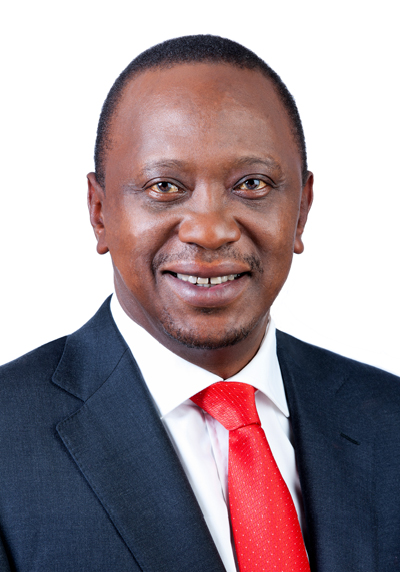
By Olakunle Agboola – Africa is currently facing two entirely distinct security threats, one from the rise of radical Islam, the other from increased natural resource extraction.

Radical Islam is a global phenomenon, generated by the uncontrolled dissemination of extremist ideology, supported by vast private wealth in the Gulf, the use of which is not subject to scrutiny. It poses a distinctive threat to Africa partly because many African countries have substantial Muslim populations that, in conditions of poverty and poor governance, can easily become disaffected.
The threat from radical Islam has recently been evident in Mali, the Central African Republic (CAR), Kenya, and Nigeria. The meltdown in Libya provides a base from which a rebel force could equip itself sufficiently to defeat the Malian army; the endemic insecurity of vast areas of the Sahel enabled a rebel force to defeat the army of CAR and to infiltrate North-East Nigeria, and Islamists in Somalia were able to mount terrorist attacks in Kenya.
While natural resources have the potential to finance development, they also have the potential to catalyze violent conflict. Valuable resources have sometimes been a source of finance for rebel groups, as with diamonds in Angola and Sierra Leone. They have also raised the stakes for capturing power while reducing the need for accountability to citizens by displacing taxes as the primary source of state revenue: the resulting contamination of politics has long been illustrated by Nigeria.
Further, since valuable resources are never evenly spread throughout a territory, they give well-endowed regions an incentive to try to secede from the nation, as with the Katanga region of the Democratic Republic of Congo (DRC), and the Biafra region of Nigeria.
Nigeria at the moment has been divided beyond the Biafra nation. The Yoruba tribes are now clamoring for their nation while they want to break away. On the other hand are Southern Governors who are not singing the song of “leaving Nigeria” but want the president from the Southern region in 2023. The Northern Governors are not in support, as they are not zoning the president to any other region apart from the North even after eight years of President Buhari who is a northerner. The basis of the struggle is “power “in order to be in total control of resources that are not evenly distributed.
This has led to the rise of rebels and revolutionists from different regions of Nigeria. The idea is to make the country obstreperous through abduction, suicide attacks, self-suicide bombing, corruption, and the like, just to be called to a round table of negotiation. Some fractions within the Yoruba group are of the school of thought of making Lagos inhabitable and intractable through bombing, kidnapping, and insurrection so that they can discuss Bola Tinubu, former governor of Lagos State as the next president of Nigeria come 2023.
Does the Military have the capacity to curtail the rebels who now have different hidings not only in Nigeria but other African countries? In Nigeria, 200 schoolgirls were abducted by a rebel group and taken to a forest area, yet they could not be traced by the Nigerian military. In Kenya, a shopping mall in Nairobi was overrun by terrorists and coastal villages were brutally attacked. When soldiers were called into the Nairobi shopping mall they took the opportunity to loot the shops rather than stop the carnage; on the coast, following the attack, terrorists were able to repeat the slaughter in a neighboring village.
Most African militaries are ineffective because most African countries lack a strong sense of national identity and their leaders have ostentatiously eschewed self-sacrifice. The contrast between the founding presidents of Kenya and Tanzania demonstrates the long-term consequences. In Kenya, President Jomo Kenyatta behaved like most other African presidents, using his power to favor his tribe over its rivals.
Exceptionally, and in contrast, the Tanzanian president, Julius Nyerere, prioritized building national identity. He introduced a national language, a common school curriculum, and a neutrally sited new capital city while requiring civil servants to work in regions other than that of their birth. Also exceptionally, Nyerere lived modestly making his narrative of a common national struggle credible, whereas Kenyatta amassed one of the largest fortunes in the world.
The weakness of national identity has made motivation more difficult in all public service organizations. Teachers do not show up for class; nurses steal drugs; tax officials extort bribes rather than raise revenue for the government. But arguably, it is the military that is most reliant upon national identity for the vital psychological process of internalization of organizational objectives. But without a sense of shared identity, it is difficult to see why soldiers would risk their lives.
For the next decade, the security threats from radical Islam and natural resource discoveries and control are likely to be important issues in Africa. African militaries are mostly in no condition to meet these threats due to the weakness of national identity. It is up to Africa to rise to have a strong national identity.
Kindly follow us on twitter:@AfricanVoice2










